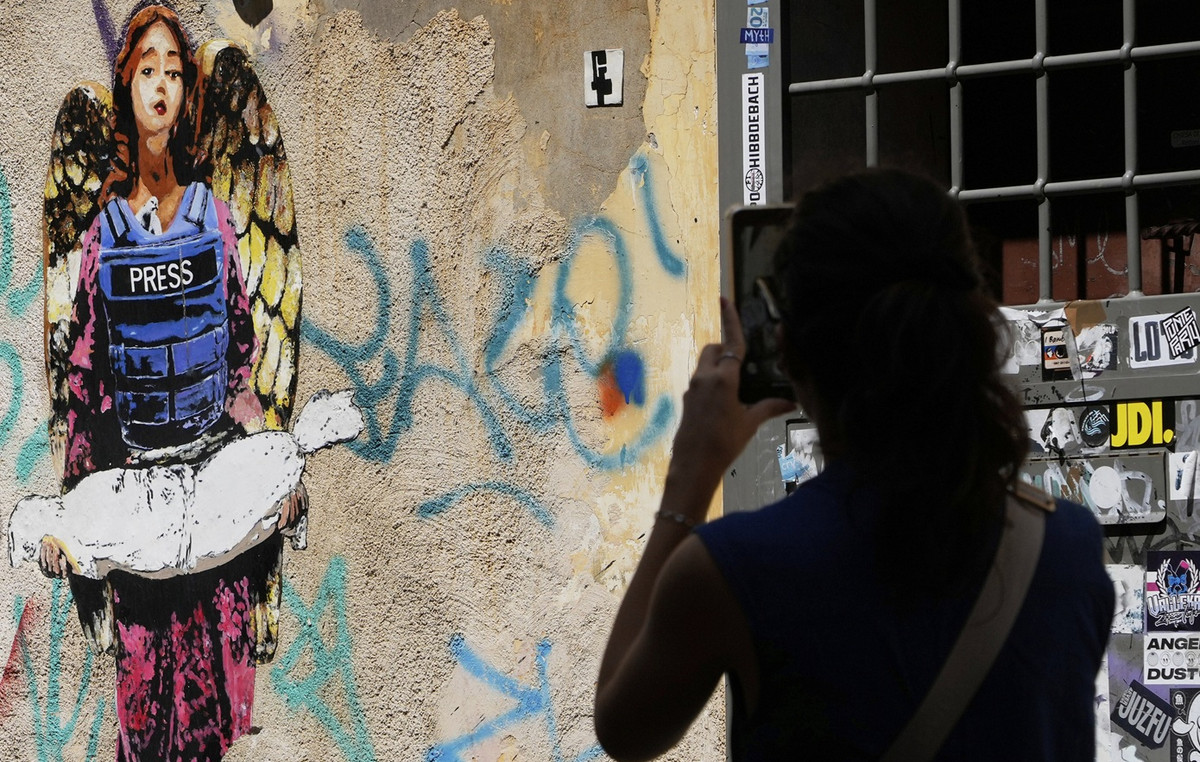According to a survey, in which 1662 Russians aged 1862 from the age of 18 took part, 37% of respondents found it difficult to answer whether the digital ruble has advantages.
“Two public groups have formed with opposite attitudes: for one, digital assets seem safe, and state control is desirable. For another, more numerous, on the contrary, digital assets cause distrust, and the state’s digital control over their financial behavior seems redundant and even dangerous, ”said the specialist of the analytical center Alexander Gavrilov.
Most often, among the pluses of the digital ruble, the respondents mentioned safety, reliability, theft protection (10%), a more convenient form of calculations and control by the state (3%).
Respondents attributed the risk of personal data leakage (12%) to the disadvantages, tracking from the state (8%), dependence on the Internet (6%) and the complexity of use (4%).
Almost half of the respondents (45%) reported that they had a general idea of digital ruble, and another 43% heard the term, but do not understand what it means. They know well what a digital ruble is, only 7% of respondents. In the mass perception of the digital ruble – an obscure abstract category, summarized in VTsIOM.
Earlier, the chairman of the board of Sberbank German Gref at the financial congress of the Bank of Russia said that he did not see the advantages and prospects of a digital ruble – neither for people, nor for banks, nor for business.
Source: Bits
I am an experienced journalist, writer, and editor with a passion for finance and business news. I have been working in the journalism field for over 6 years, covering a variety of topics from finance to technology. As an author at World Stock Market, I specialize in finance business-related topics.







